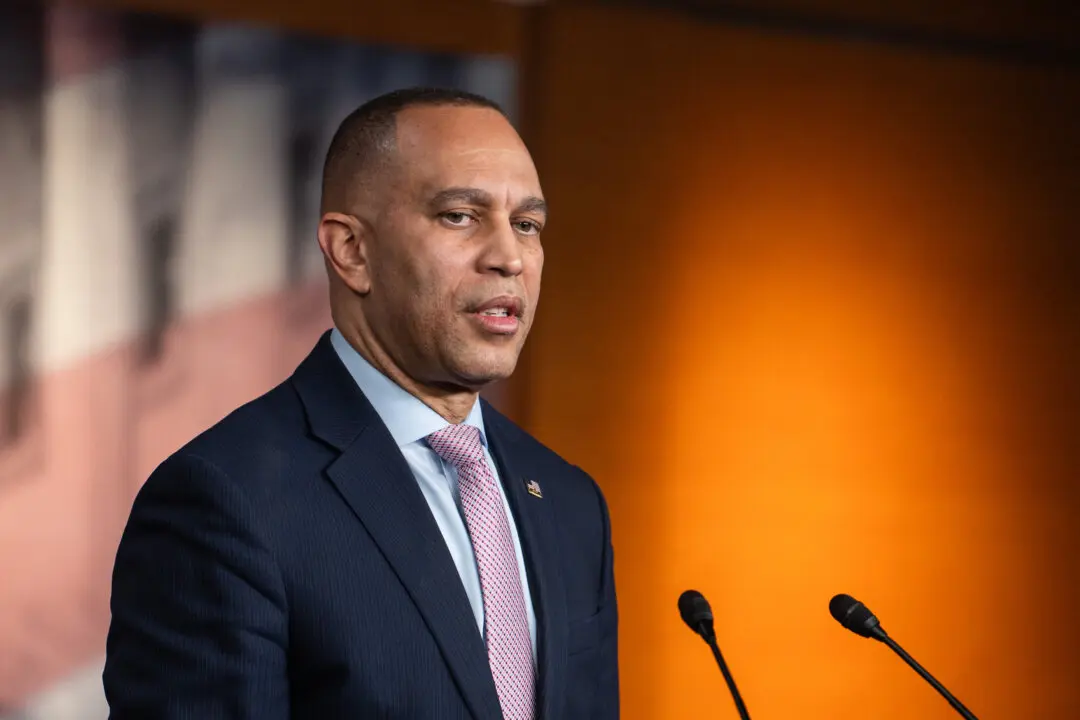Lawmakers in Alabama argued over new maps as required to be redrawn by Friday to follow guidelines set forth in a Supreme Court ruling which upheld the same ruling by a federal district court’s three-judge panel in June.
The legislature was required to redraw districts to conform to Section 2 of the Voting Rights Act (VRA), which prohibits discrimination in voting based on race, color, or previous condition of servitude.





